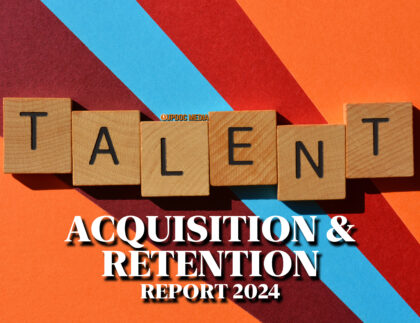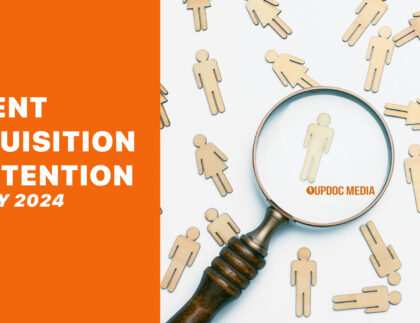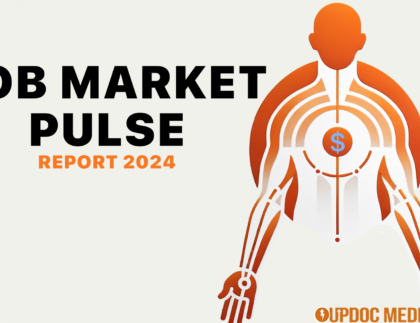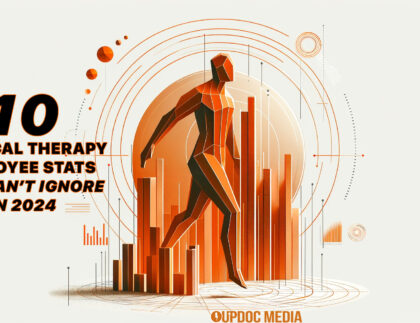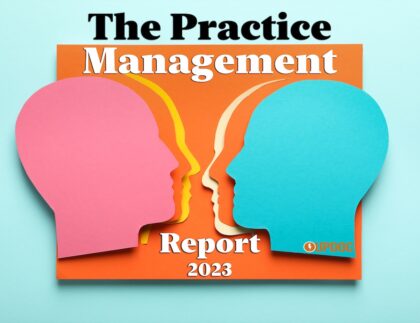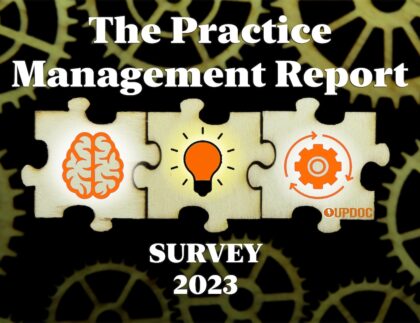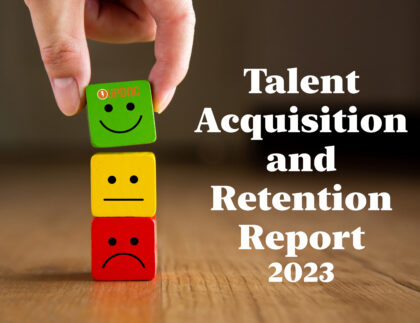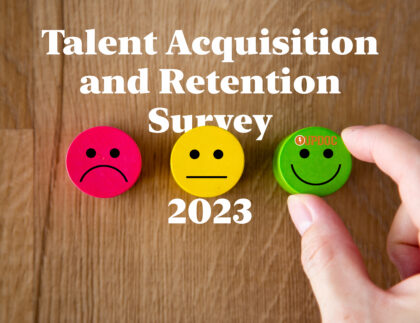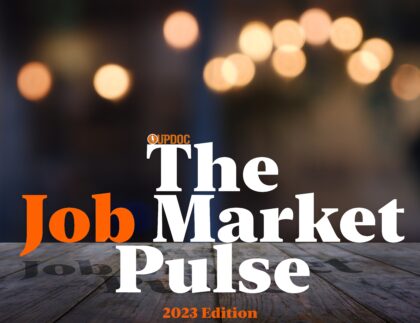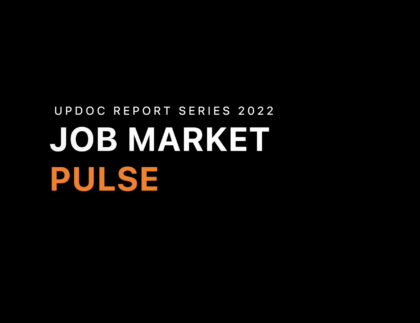

There are a few pleasures in life that you can partake in without consequences. Yea, that cupcake is delicious but packed with tons of sugar. Yea, that car is incredibly fun to drive but it costs most than your house. Yea, thats a great job but you will be paying off student loans off for the rest of your life (too soon?). BUT….but there is something I enjoy and do not feel bad about it. Quite the opposite, there is research that shows it might be good for you! I am talking about drinking coffee. When done right, coffee is a delicious, invigorating, thought clarification nectar from the Gods. Im not the only one that feels that way. Chances are you do as well. So does Andrew Rothschild, guest blogger and fellow coffee connoisseur. Take it away Andrew…
I love coffee. I love the smell of it. I love drinking it. Every time I watch Jerry Seinfeld’s web show, “Comedians in Cars Getting Coffee,” I get in the mood for coffee (even if it’s at 10 pm). If my wife would let me, I would leave coffee beans in bowls around my house like potpourri. Get the point?
As I compose this intro, I have coffee brewing in my French press. And when I write more later I’ll probably be drinking coffee. During my residency training, we learned that coffee can leach important minerals such as calcium and magnesium from the long bones (no reference provided, however). So, you know what I did? I took an extra multi-vitamin while drinking coffee. Problem solved.
However, that does bring up some interesting questions. We know that coffee can increase alertness, mental acuity and even athletic performance. But is there a hidden cost associated with it (other than the ridiculous price of Starbucks)? Over the past several years, there have been a multitude of conflicting reports on the potential benefits and/or harmful effects of coffee consumption. It reminds me of the research on glucosamine–one year it was helpful in reducing pain; the next year it wasn’t. One year the studies say coffee can cause cancer, the next year it’s helpful for preventing cancer.
Lately, it seems, coffee has been getting some good press. So Mr. Updoc Media himself, Dr. Gene Shirokobrod, asked me to look into the coffee matter a little further. Maybe because it’s an interesting topic, or maybe it’s because he just dropped some coin on a brand new French press and wanted to make sure his hard-earned money isn’t going to waste. But before we get into it, let me grab a cup of coffee….
Assumptions
Ask the casual “person on the street” and you’ll hear a variety of “facts” about coffee. The reality is that when it comes to conventional wisdom, the information is usually incorrect, or at the very least, missing some important pieces. As mentioned above, depending on what you read or hear one day, coffee can either be good for you, or bad for you. Is it a diuretic? Does it improve memory? Can it help prevent some types of cancer? Can it contribute to the development of certain types of cancer? Is there such a thing as too much coffee? (I once had a patient who told me he regularly drank two to three 10-12 cup pots of coffee per day. That might be too much, right?!). But, as is generally the case with complex questions, there is rarely one simple answer.
“Conventional wisdom is the view that serves to protect us from the painful job of thinking”–John Kenneth Galbraith
The Positive
- There are several epidemiological studies that indicate that regular moderate coffee consumption (3-5 cups/day) may help reduce cognitive decline, including risk reduction for developing neurdegenerative disorders such as Alzheimer’s and Parkinson’s disease.
- Drinking 3-5 cups of coffee per day at midlife has been shown to reduce the risk of developing Alzheimer’s disease later in life by 65%
- Several human studies have also shown a protective effect of coffee for the prevention of stroke
- A majority of current studies do not indicate any association between coffee/caffeine intake and bone density. But because of the multitude of factors affecting bone health including genetics, physical activity, diet, and sun exposure, it is hard to draw conclusions about its role.
- However, some evidence does exist suggesting there may be an association between coffee consumption and increased risk factor for hip fracture in older women. More research still needed before drawing specific conclusions.
- The European Food Safety Authority concluded that a cause and effect relationship could be established between a 75mg serving of caffeine (1 cup of coffee) and increased attention/alertness
- Current evidence does not show a link between moderate coffee consumption and an increased risk of developing cancer
- Research does suggest an association between coffee consumption and a reduced risk of developing cancer at a number of sites including liver, brain, colon, and rectum however further studies are needed
- A recent meta-analysis of over 40 cohort studies comprised of over 2 million individuals across Europe, North America, and Asia found that coffee consumption was not associated with an increased risk of cancer. For some types of cancer, there was actually an inverse relationship between the two, but further research still needed before any decisive conclusions can be made.
- Drinking two cups of coffee per day has been associated with a 43% reduction in the risk of developing liver cancer.
- Regular coffee consumption has also been associated with a slowing of the progression of Hepatitis C
- There has been a cause and effect relationship between caffeine intake and athletic performance, especially endurance events. Mixed results have been seen with anaerobic exercise.
- There appears to be a consistent response documented across all populations with regular coffee consumption of up to 6-8 cups per day with a 5-10% (per cup) in reduced risk of developing type II diabetes. The mechanisms of effect are not fully understood
- Drinking 3-4 cups of coffee per day was associated with a 25% reduction in the risk of developing type 2 diabetes compared with 0-2 cups per day.
- The short term diuretic effect of coffee appears to be an “unproven myth.”
- Research on the general and physically active populations indicate that moderate coffee consumption does not lead to dehydration
- In Brain Maker, Dr. David Perlmutter highlights the advantages of coffee in reducing the risks of Alzheimer’s disease, Parkinson’s disease, and diabetes as well as being a rich source of polyphenols, the most abundant antioxidants in our diet.
- Coffee also helps regulate the balance of the good and bad bacteria in our gut and may even lower the risk of depression
The Negative:
- The high consumption of unfiltered coffee (French press or espresso) may be associated with elevating cholesterol levels
- Two or more cups per day mayincrease the risk of heart disease in people who have a genetic mutation that slows down caffeine metabolism.
- AOL headline: “Research finds that people who drink black coffee are more likely to be psychopaths.”
- However, a closer look reveals that in a questionnaire, a larger majority of people who enjoyed bitter foods, (including radishes and celery) were more likely to exhibit certain antisocial behaviors including narcissism, sadism, and aggression (I like my coffee black and I also like celery and radishes. Should my friends and family be concerned? Actually, I don’t care)
Conclusion:
Overall, there is an overwhelming amount of research highlighting the positive benefits from coffee. Not only that, but many of the former myths surrounding coffee appear to have been debunked. Aside from the apparently higher likelihood of being a psychopath, the risks are greatly outweighed by the rewards.
(coffee scene from Airplane! https://www.youtube.com/watch?v=JANcVXHqNTI )
Want more detailed info, check out http://coffeeandhealth.org/
The following was a guest post from Andrew Rothschild. Want to read more of Andrew’s writing? Of course you do! Check him out at http://www.realpttalk.com. Want to get in touch with Andrew? Here you go…@realPTtalk or asrothschildpt@gmail.com



